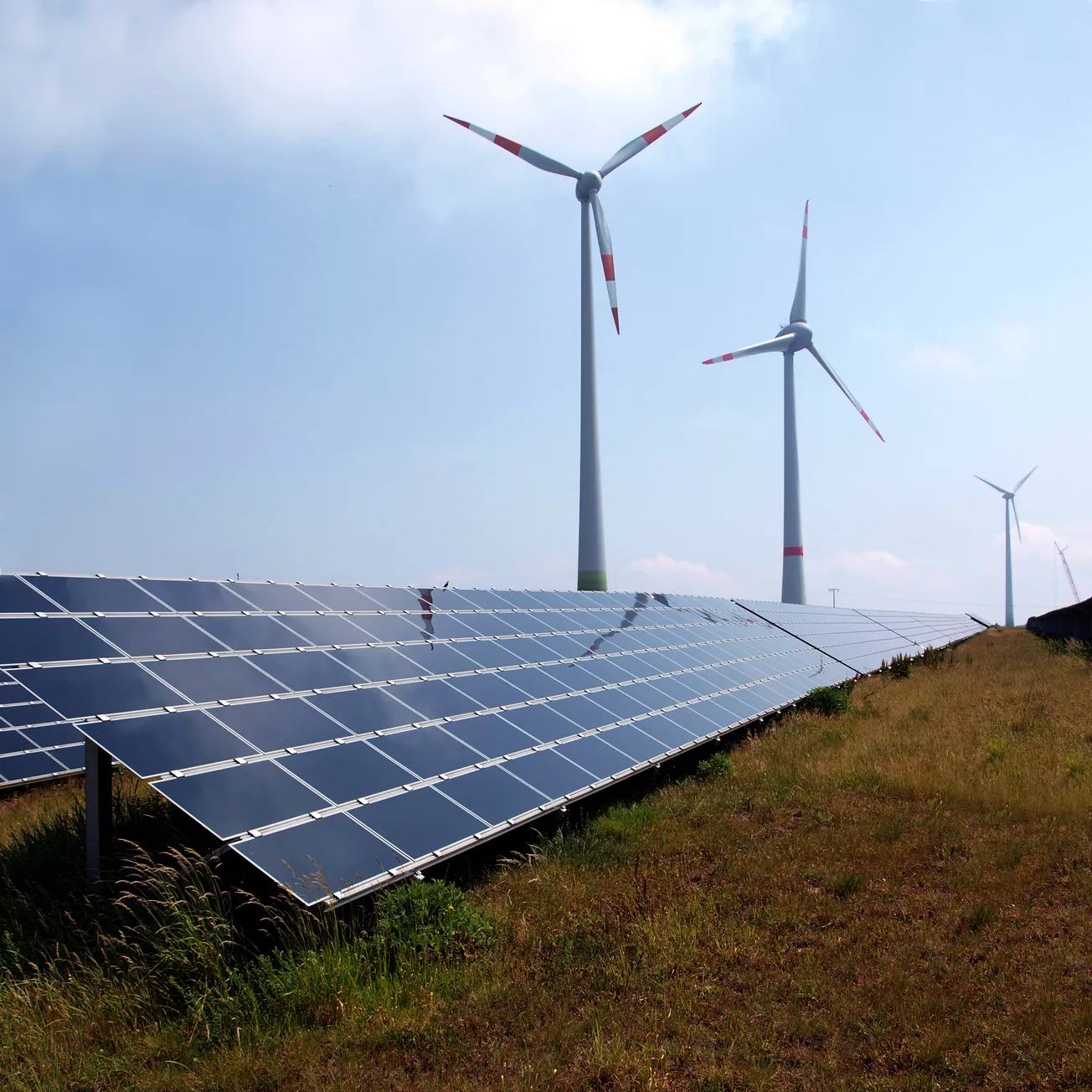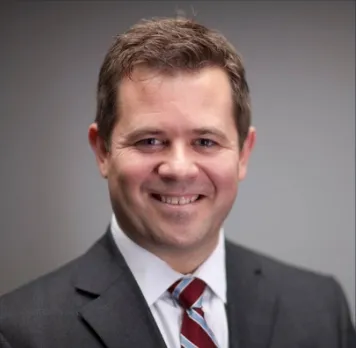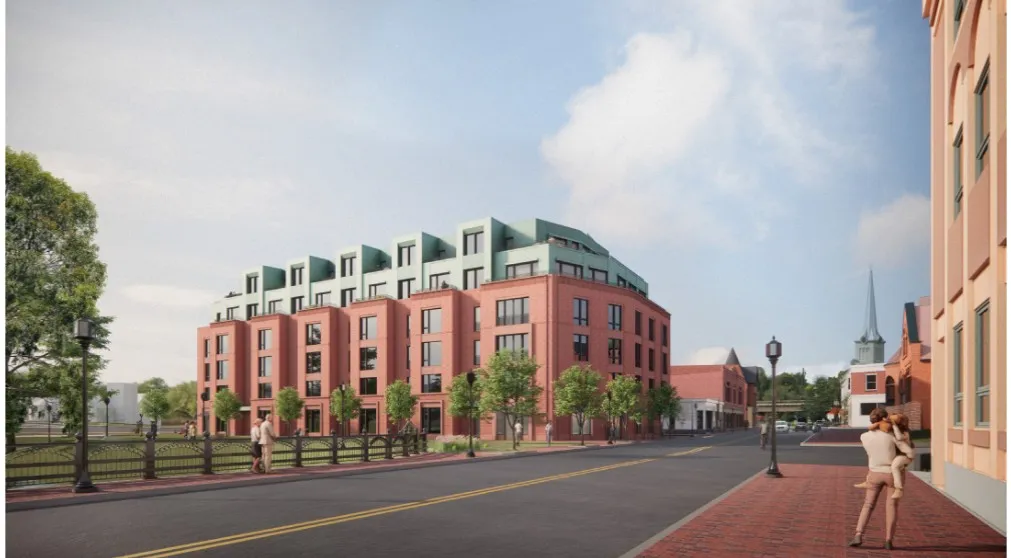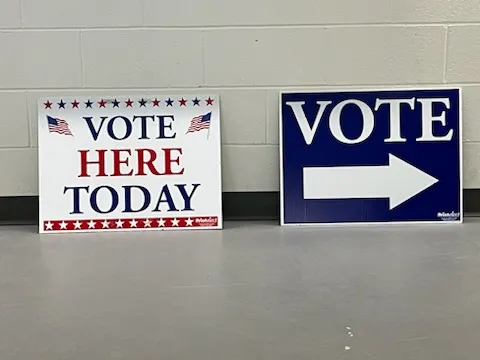Table of Contents
The following was submitted by the Office of Sen. Jason Lewis:
State Sen. Jason Lewis joined his colleagues in the Massachusetts Senate to pass comprehensive climate legislation to meet the climate crisis head-on.
The bill would make systemic changes to the state’s clean energy infrastructure that will help the state achieve its net zero emissions by 2050 goals, expand electric vehicle (EV) use and infrastructure, modernize the “bottle bill” to include more containers, and protect residents and ratepayers.
The bill passed with a bipartisan vote of 38-2.
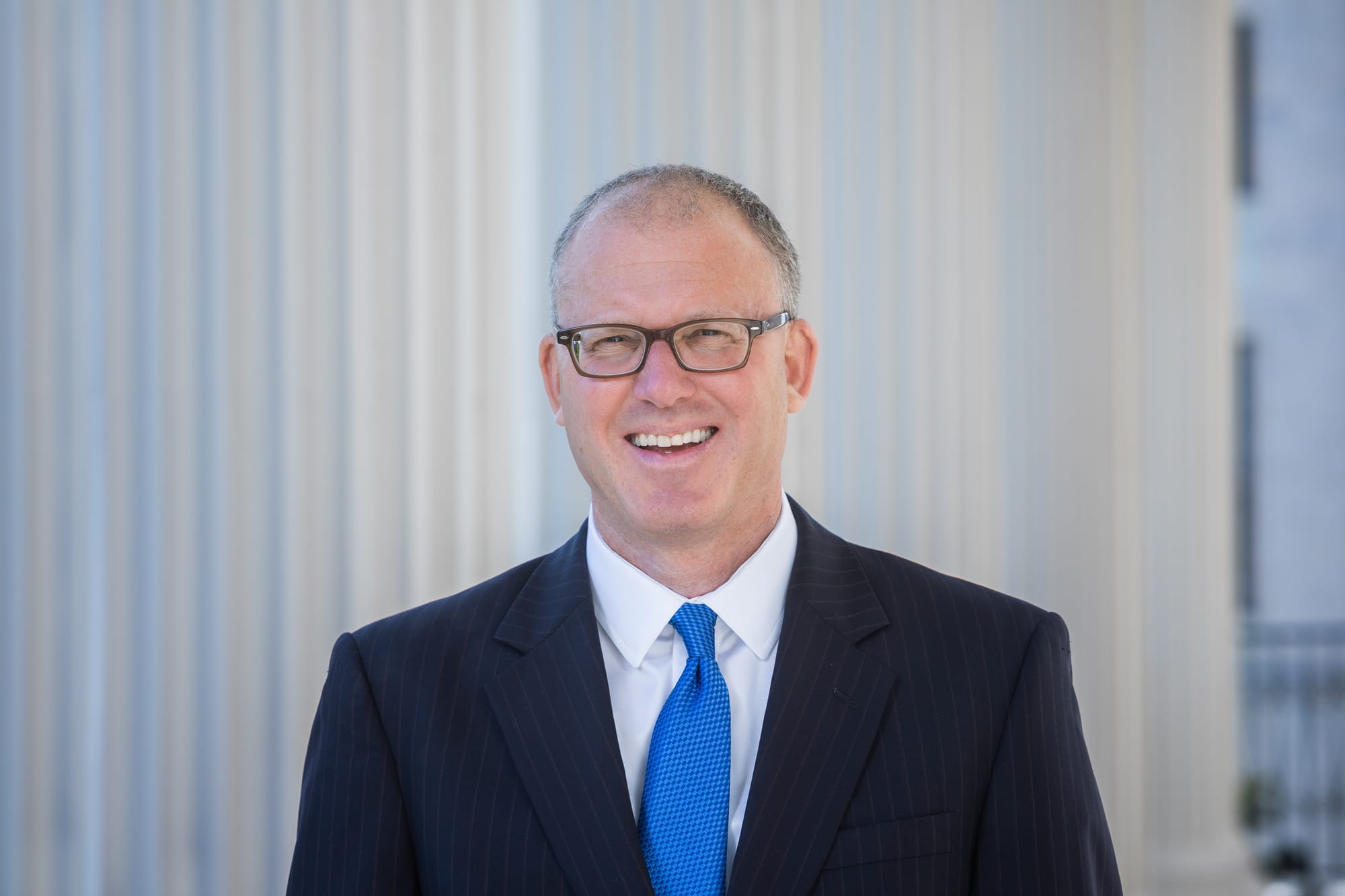
This climate bill will enable Massachusetts to more quickly develop infrastructure essential for the fight against climate change, including new solar, wind, and storage facilities. It will also enhance the electric grid to support getting clean energy to residents efficiently and in the needed capacities to power homes, businesses, and vehicles.
Enhancements to the clean energy grid will be paired with measures to keep costs down for ratepayers across the state.
“Massachusetts is a national and global leader in combating climate change and promoting clean, renewable energy like solar and offshore wind,” said Lewis. “This robust legislation expands upon previous legislative efforts in order to accelerate the building of clean energy infrastructure, more rapidly reduce our reliance on fossil fuels, and help protect ratepayers.”
The bill takes comprehensive action to address the climate crisis, including:
• Consolidating large clean energy projects that require state, regional, and local permits into a single permit that must be decided upon within 15 months. Small projects with multiple local permits will also be consolidated into a single permit and must be decided upon within one year.
• Establishing the Office of Environmental Justice and Equity (EJE), the Office of Public Participation at the Energy Facilities Siting Board (EFSB), and the Division of Siting and Permitting at the Department of Energy Resources (DSPDER). Each office would be charged with engaging with communities and applicants in their respective areas to ensure a robust, thorough and community-centered review of all projects.
• Protecting ratepayers from bearing the cost of new construction by requiring the EFSB to first consider enhancing current technologies before looking to new construction. An online clean energy infrastructure dashboard would also be created to promote public accountability in real time.
• Lowering utility rates for consumers by directing utility providers to offer lower rates to eligible consumers and providing more flexibility to negotiate the lengths of basic service contracts with electricity providers to reduce cost spikes.
• Expanding the “Massachusetts Offers Rebates for Electric Vehicles” program through 2027, which gives residents $3,500-$6,000 for the purchase of new or used electric vehicles. It would allow residents who own parcels within condominiums, homeowner associations, and historic districts to install EV chargers, and authorize condo boards to install EV chargers on community parcels.
• Centralizing the deployment of resources with the Electric Vehicle Infrastructure Coordinating Council (EVICC), and directing DPU to make it easier to install pole-mounted chargers that often are used in parking spots and on streets.
• Making it easier for cities and towns to procure electric school buses and EV charging equipment for their municipalities.
• Expanding the mission of the Massachusetts Clean Energy Center (MassCEC) to include carbon removal, embodied carbon reduction, and nuclear power. MassCEC would also be directed to promote carbon removal and embodied carbon activities, and study opportunities for future carbon removal.
• Updating Massport’s enabling statute to prioritize reductions in greenhouse gas emissions alongside the promotion of commerce and growth.
• Shifting the gas system from automatically replacing leak-prone pipes to instead considering more targeted repairs, or decommissioning the line altogether if a more climate-friendly alternative exists. Payments for new gas lines are often financed over 30 years, beyond the 2050 goal of reducing fossil fuels. By repairing or decommissioning pipes instead of replacing them, costs shifted to ratepayers are reduced, and the clean energy transition is accelerated.
• Modernizing the “bottle bill” by adding noncarbonated beverages, wine, and spirits to the list of containers eligible for a bottle deposit, and increasing the deposit amount from 5 cents to 10 cents.
During debate on the Senate floor, Lewis was also successful in getting an amendment adopted to improve wayfinding and other signage for EV charging stations. This would help encourage more drivers to consider switching to electric vehicles.
The bill now moves to the House of Representatives for further consideration.
Winchester News is a non-profit organization supported by our community. If you appreciate having local Winchester news, please donate to support our work, and subscribe to our weekly newsletter.

